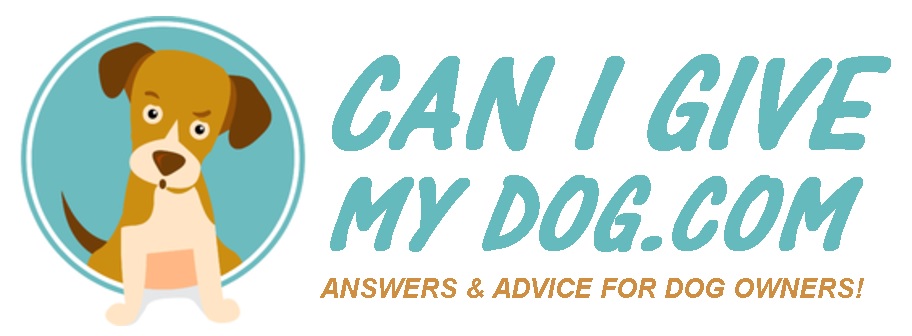Are you concerned your dog isn’t getting enough vitamin E?
This aspect of your pet’s nutrition is absolutely essential. The good news is that deficiencies are rare.

Canines normally get enough vitamin E from their diet. This, however, doesn’t mean that supplementation is never necessary.
Keep reading to learn how much your dog needs and what signs could indicate insufficient levels.
Thankfully…
Dogs Rarely Need Extra Vitamin E
Yup! It is unlikely that such a supplement is required.
Again, quality dog foods contain plenty of vitamin E.
Are there ever cases where it makes sense to introduce more?
Of course! But the opposite is also true. Too much vitamin E isn’t a good thing either.
Play it safe! Talk with your vet about your dog’s situation before supplementing this group of fat soluble chemical compounds.
FYI: Vitamin E concerns are typically most relevant to puppy dogs.
Required For Rover Too
Your dog will have a strengthened immune system, healthier muscles and skin as well as a shiny coat with enough vitamin E in their system.
Being a powerful antioxidant is another key benefit (especially for older arthritic dogs).
But it cannot be stressed enough:
A diet that sufficiently provides vitamin E is much preferred to a multi-vitamin or dietary supplement. This is true for both humans and their dogs!
Diagnosing Deficiencies
It is difficult to know when a dog has inadequate levels of vitamin E — or any vitamin or mineral for that matter.
There are several indicators, but they aren’t totally conclusive.
Signs include:
- Muscle atrophy / dystrophy / degeneration (the most common adverse effect)
- All sorts of eye problems
- Unhealthy skin and coat
- Unexplained weight loss
The broadest symptom is a compromised immune system which would make your dog more prone to sickness.
Delivering Vitamin E
Giving your dog human supplements is not recommended.
Certain foods, such as avocados and almonds, should also be avoided despite being rich in valuable vitamin E.
How Much For Canines?
Experts advise, “50 IU of vitamin E is recommended per kg (22.7 IU per lb) of diet.”
When a supplement is used avoid exceeding 3,000 IU daily.
And smaller dogs need to stay below 2,000 IU.
There are several factors that go into an appropriate vitamin E dose.
Your vet should have the final say — especially when using anything that’s been designed for people.
What Could Go Wrong!
Dogs can experience easier bleeding, lethargy (adjustment period) and vomiting upon taking a supplement such as this one.
You’ll be happy to hear that vitamin E is not considered dangerous when used within reason.
It is fairly safe. Nevertheless, keep your supply out of reach.
The Bottom Line
You likely don’t need to give your dog extra vitamin E. Of course, there are always exceptions.
So do this:
Closely evaluate the diet you’re providing! Perhaps your buddy really lacks this micro-nutrient.
Dogs certainly need vitamin E to be healthy. And food is how you should sustainably deliver this essential antioxidant.
